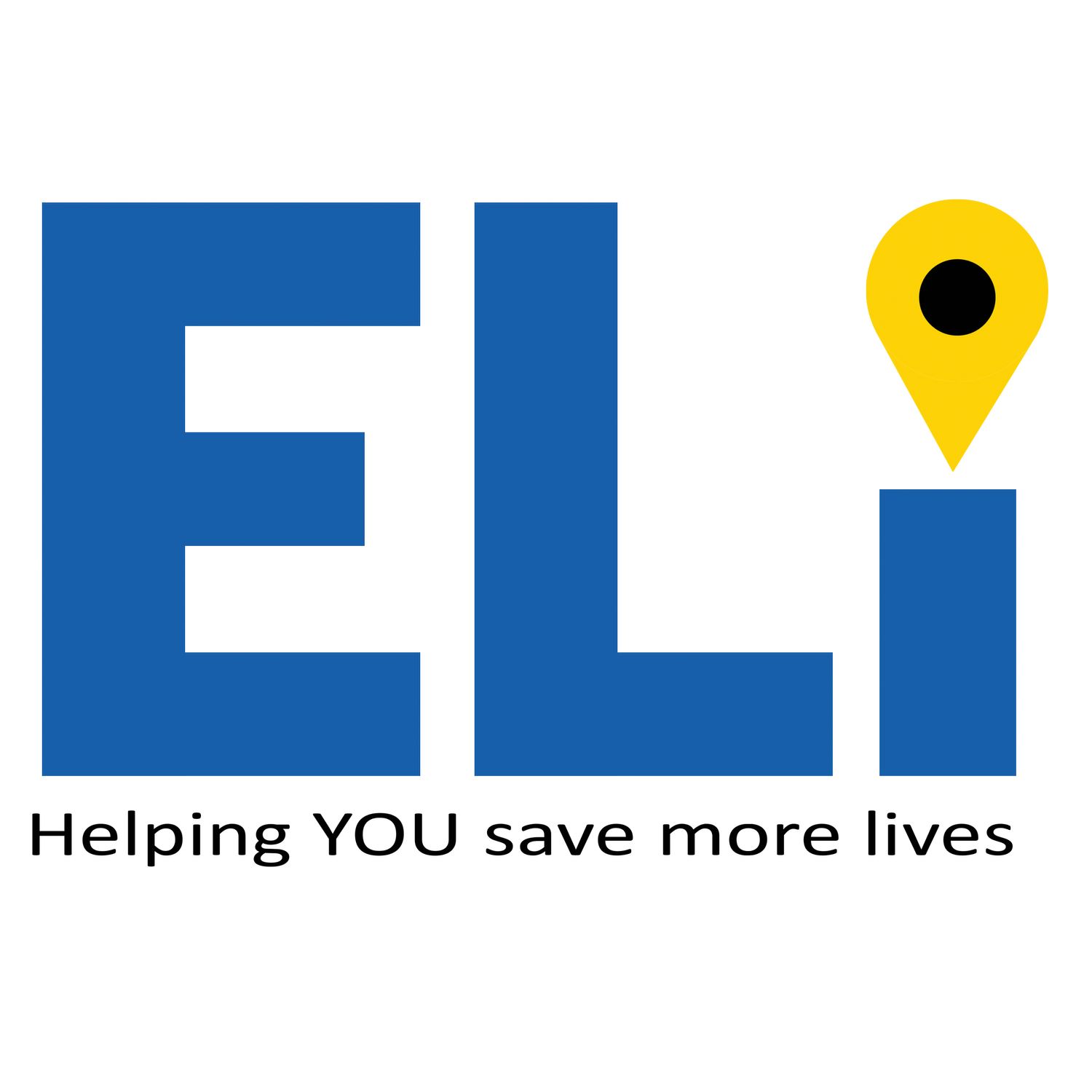The birth of our Emergency Number Network…where it all began.
It was 2600 BC, and the Egyptian “Imhotep” described the diagnosis and treatment of over 200 diseases. Jump to 460 BC with the birth of Hippocrates, the Greek father of medicine, who began its scientific study and even prescribed a form of aspirin. Then in 130 AD Galen, a Greek physician to gladiators and Roman emperors was born…
Nurses were first recognized way back around 268 BC to 232 BC, during the rule of Buddhist Indian Ashoka, and became established into the modern vocation we know today with the assistance of people such as Florence Nightingale (1820-1910), a British nurse during the Crimean War (1853- 1856).
The first firefighting attempts can be tracked back to 2nd century (!) when a Greek inventor named Ctesibus built a basic hand pump that could squirt water. Then after nearly being destroyed by uncontrollably large fires, Ancient Rome created one of the first fire departments of approximately 7,000 paid recruits!
Ambulance and paramedics go back as far as Ancient Rome, where a formal process for managing and helping injured and aging Roman Centurions, no longer fit to fight was developed. These individuals were tasked with the organization, removal, and care of the wounded from the battlefield. A similar situation also existed during the Crusades (1095 AD), with the Knights Hospitaller (a medieval and early modern Catholic military order) filling a similar function.
Emergency Dispatchers in the US began as recently as the 1970’s, when in Phoenix, Arizona, a paramedic, Bill Tune, who was simply present at a 9-1-1 dispatch, provided unplanned and unscripted pre-arrival instructions to a mother of a nonbreathing baby. The child survived and the then Fire Chief, instructed the center to begin routinely offering these prearrival instructions. The program was referred to as “medical self help” and relied on no formal dispatch protocols or scripts.
All these roles have grown and intertwined with one another over hundreds, even thousands, of years.
More recently on the 30th June, 1937 our emergency number system began in London, UK with the number 999, which sounded a buzzer and flashing red light to attract the operator's attention.
In 1959, 999 was then adopted in Winnipeg, Manitoba, Canada but they later changed the number to 9-1-1 in 1972, to become more consistent with the newly adopted U.S. emergency number. In the United States, the first 9-1-1 call was made in Haleyville, Alabama in 1968, and in the EU the single emergency number 112 has been used for 30 years.
We have a long history and have come a long way…humans have an innate ability to think selflessly, behave altruistically and show empathy towards others. Cooperation and collaboration make us both stronger as a group, and also happier as an individual.
The principles of both our ancient and modern healthcare systems are based on foundations of wanting to help, heal, nurture, and save our fellow human beings. There may have been some ulterior motives along the way, to do with winning a war or two, but many advancements and changes came about by wanting to make society better and safer, and our Emergency Services today still holds true to those values. As our modern society continues to show increases in incidence of crimes, accidents, medical & health emergencies, infrastructure inadequacies and the continued growth and mobility of the population, it will continue on.
The ESN has become a service we rely upon every single second of every day. It’s the call you never want to make but will at least once in your life. Approximately 240 million 9-1-1 calls are made in the U.S each year, or approximately 600,000 per day. In Canada, around 12 million 9-1-1 calls are dialed annually, for the UK it’s estimated at around 33 million, and across the European Union 150 million were ‘112’ calls.
We will continue to be more mobile and digitally connected and our Emergency Number Infrastructure and technology will need to keep pace.
Johann Wolfgang von Goethe once said, “The greatest thing in this world is not so much where we stand as in what direction we are moving.” For the ESN that direction includes changing the inadequacies of our current system and looking to new advancements. We’ll talk about those next.
Thank you


